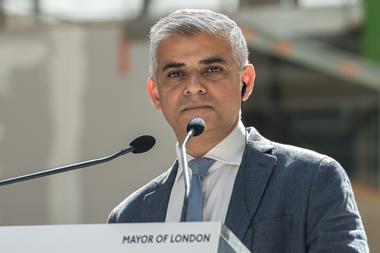Demand for flex space is growing. According to CBRE, it will increase from 8% of central London office stock to 20% by 2028.

But as flex space has transformed from the poor relation of the office market to the hottest date in town, traditional valuation methods have not kept pace.
Unless they are managing it themselves, landlords with flex space tend to let to a flex-space operator that takes a lease, or they agree a management agreement with a flex operator, which runs the space for them, but with which they share the highs and lows of the business.
Since Covid-19, the popularity of management agreements has soared, perhaps in part due to many landlords getting burnt when the operator they signed a lease with went bust in the market downturn, leaving the landlord with all the liabilities. This has led to landlords wanting some control over their flex space.
Traditional valuation methods of flex space have not kept up with these trends and place a higher value on a lease agreement than a management agreement – a distinction that can make or break a deal, particularly if the landlord is relying on bank finance.
This needs overhauling. If signing a lease with a flex operator is perceived to create value, then so should signing a partnership management agreement, since both enhance the building and enable empty space to be fully occupied.
Let’s compare this with the hotel market. Hotel income arrives in the evening and leaves in the morning but is measured for the purpose of a hotel valuation. Why, therefore, can’t the income from a management agreement? This is on average a 12-month fixed term, with a deposit paid by the incoming occupier and credit checks done to ensure they are good for the liability they are taking.
It seems that if a property agreement does not start with a lease, valuers are not prepared to value it. This needs to change. Surely, the principles of valuing hotel operators can be applied to serviced-office providers? Modern valuations need to keep pace with developments in today’s flex-space market and reward value accordingly.
Zach Douglas is chief executive of serviced office provider Orega





























No comments yet